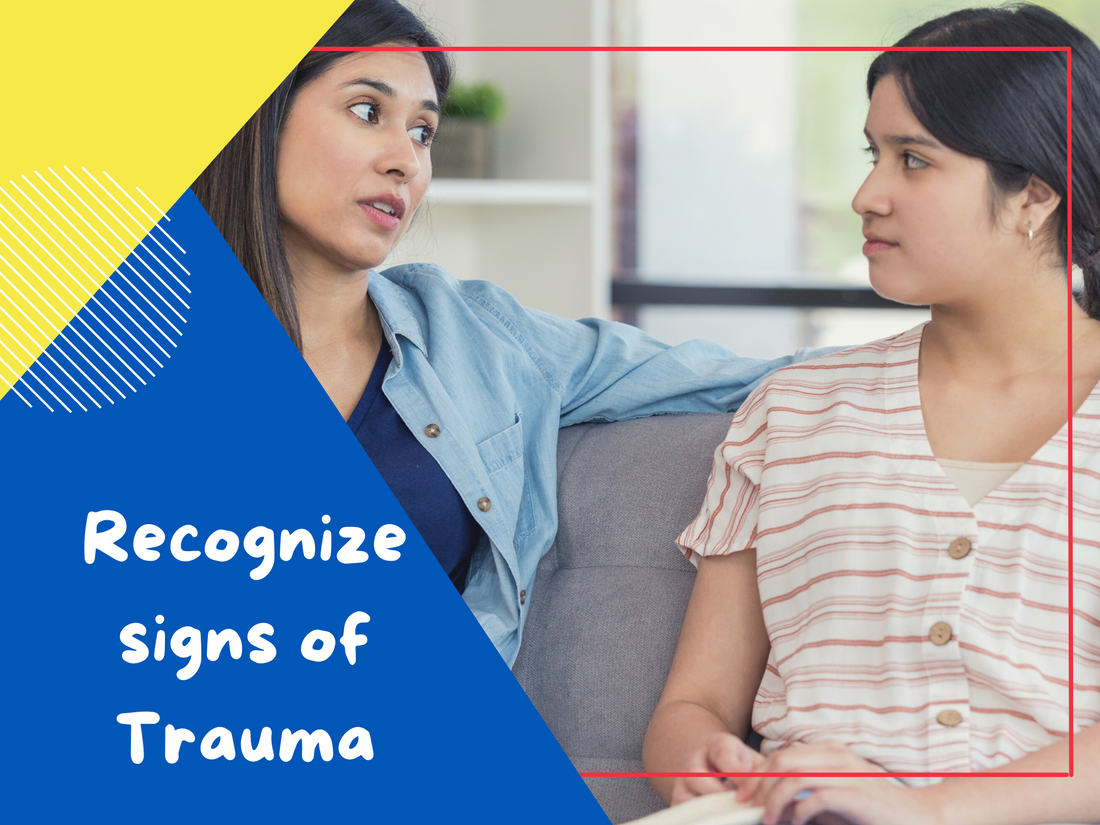As much as we would like to protect our children from the harsh and sometimes shocking realities of the adult world, sometimes life has other plans. Unfortunately, young people experience trauma just like the rest of us. Children and teens are particularly vulnerable to its effects. According to the National Child Traumatic Stress Network, individuals who endure traumatic experiences in childhood are more prone to chronic illness such as heart disease later in life.
Children and adolescents who experience trauma must have the support of a trusted adult such as a parent or a teacher who can help them process their trauma in the healthiest way possible.

Understanding Trauma in the Lives of Children and Teens
Childhood trauma can take many forms. It may manifest as a singular and sudden event, like a natural disaster, the death or injury of a loved one, or a violent attack.
However, a child’s trauma may also be rooted in experiences endured for prolonged periods. In this case, the trauma may be caused by a child’s experience of racism and discrimination, parental drug use, or long-term physical, sexual, and/or emotional abuse.
A child may be traumatized by a violent or disturbing event seen on television or overheard discussed by adults.
It can sometimes be difficult to pinpoint the exact source of a child’s trauma. However, it is nonetheless important to validate the child’s experience. Reassure the child that you believe they are telling the truth about their experience.
Recognizing Signs of Trauma in Young People
According to the Georgetown University Center for Child and Human Development, the signs of trauma in children are both varied and numerous.
In infants and children younger than six years old, trauma may cause disturbances in sleeping and eating, developmental regression, delays in language acquisition, aggressive or sexualized behavior, and general timidity or fearfulness. They may also feel sad and have frequent nightmares.
Children old enough to attend elementary school may experience persistent feelings of anxiety, shame, or guilt. Teens may develop eating disorders or engage in self-harm or drug abuse to cope with trauma.
In the classroom, a student who has experienced a traumatic event may have difficulty focusing on schoolwork and develop unhealthy relationships with peers. Traumatized students may also exhibit aggressive or disruptive behavior.
A child may display any of these symptoms without having experienced trauma. However, if you notice these signs in your child, it may be wise to consult a mental health professional.
How Trauma Affects Kids’ Brains
According to Dr. Todd Thatcher of Highland Springs Clinic, trauma dramatically affects three areas of the brain.
#1- The Amygdala and Risk Assessment
The amygdala is the risk assessment center of the brain. By processing input from our five senses, it determines if a situation is safe or dangerous. In patients with Post-Traumatic Stress Disorder (PTSD), the amygdala works overtime.
Often, the brains of people who have experienced traumatic events perceive situations as dangerous when to others, they may seem perfectly safe. For example, a child who lived through a car accident might panic when traveling on a highway or riding the school bus.
In situations like this, it is important to understand that what your child is feeling is natural and rooted in their past experience, even though it might not seem rational to you.
The hyperactivity of the amygdala can also make it difficult for a child with trauma to calm down once fear is stimulated or to get a good night’s sleep.
#2- The Hippocampus and Memories of Trauma
The hippocampus is a structure in the center of the brain near the brainstem that plays a crucial role in memory formation, storage, and retrieval. One 5study by the National Institute for the Clinical Application of Behavioral Medicine suggests that the hippocampi of people with PTSD may be physically smaller than those without.
While the results of that study were not definitive, doctors are certain that the memories of trauma survivors are markedly different from those who have not experienced trauma.
For children and teens with PTSD, certain memories may be remarkably vivid and constantly at the forefront of the child’s mind. Other memories may only be available to the child when triggered by some sensory input connected with their trauma. Still, other memories may not be retrievable at all.
Additionally, the child’s hippocampus may not distinguish between the trauma they experienced in the past and the reality of the present. This means that the child’s feelings of fear and pain can be as real and immediate as if they were currently experiencing the traumatic event, even if it actually occurred months or years in the past.
#3- The Prefrontal Cortex and Emotional Regulation
In a healthy brain, the prefrontal cortex allows an individual to regulate their emotions and react to difficult situations with rationality and self-control. But in the brain of a trauma survivor, the prefrontal cortex may be overpowered by more reactionary parts of the brain. This can make it difficult for an individual experiencing traumatic stress to regulate their feelings of fear, panic, or impulsivity.
3 Ways to Help Children and Teens Cope With Trauma
#1- Maintain a Routine
Maintaining a routine helps your child feel safe in the wake of a traumatic event or experience. Imposing and enforcing clear rules in the family and at school can provide a child with a crucial sense of normalcy and structure.
#2- Allow the Child to Express their Emotions
Every child is different, and therefore every child copes with trauma in different ways. Some children will want to discuss their emotions with you right away, while others will be more hesitant to share how they are feeling. Either way, reassure your child that you support them and that you will always make time to talk if they want to.
Younger children may find it helpful to draw a picture of how they feel or describe their feelings to a favorite stuffed animal. Teens and older children may find it cathartic to write in a journal or diary, learn to play an instrument, or channel their energy into a sport.
#3- Consult a Mental Health Professional

If you are worried that your child might be suffering from trauma, stress, or a mental health disorder, express your concerns to a mental health professional. A professional can help you to better help your child.
The mental health professional might suggest that your child engage in Cognitive Behavioral Therapy (CBT). CBT is a form of talk therapy that aims to help patients improve their mental health by changing their ways of thinking and coping with trauma and stress.
As much as it is helpful for children to talk to their parents about traumatic events and experiences, children and teens often feel that they can be more candid when they are given time to talk with a trusted adult who is not their parent or guardian.
If you do decide to consult a mental health professional regarding your child’s experience of trauma, make sure that the person you consult is a Licensed Mental Health Counselor (LMHC) certified by your country or state.
For more information on children’s mental health, refer to the website of the Child Mind Institute.
Teacher Power
Teacher Power is dedicated to helping teachers empower students. Check out our blog for other articles focused on helping students, staying healthy, and ways to pamper yourself.

Teacher Power powers teachers. We were founded with the mission of providing a healthy, flavorful, and cost-effective alternative to coffee and soda. Explore our collection of Teacher Power products available on our website or on Amazon.com.
By: Meg Bywater
Sources:
- The National Child Traumatic Stress Network. Effects. 2021. https://www.nctsn.org/what-is-child-trauma/trauma-types/complex-trauma/effects
- Georgetown University Center for Early Childhood Mental Health Consultation.Trauma Signs and Symptoms. 2021. https://www.ecmhc.org/tutorials/trauma/mod3_1.html
- Substance Abuse and Mental Health Services Administration. Recognizing and Treating Child Traumatic Stress. US Department of Health & Human Services. 2020. https://www.samhsa.gov/child-trauma/recognizing-and-treating-child-traumatic-stress
- Todd Thatcher. Can Emotional Trauma Cause Brain Damage? Highland Springs Specialty Clinic. 2019. https://highlandspringsclinic.org/blog/can-emotional-trauma-cause-brain-damage/
- National Institute for the Clinical Application of Behavioral Medicine. PTSD, the Hippocampus, and the Amygdala-How Trauma Changes the Brain. 2021. https://www.nicabm.com/ptsd-the-hippocampus-and-the-amygdala-how-trauma-changes-the-brain
American Psychological Association. Trauma. 2021. https://www.apa.org/topics/trauma
American Psychological Association. What is Cognitive Behavioral Therapy?. 2017. https://www.apa.org/ptsd-guideline/patients-and-families/cognitive-behavioral
Sara Lindberg. How Therapy for Childhood Trauma Can Help. Healthline. 2021. https://www.healthline.com/health/mental-health/therapy-for-childhood-trauma

